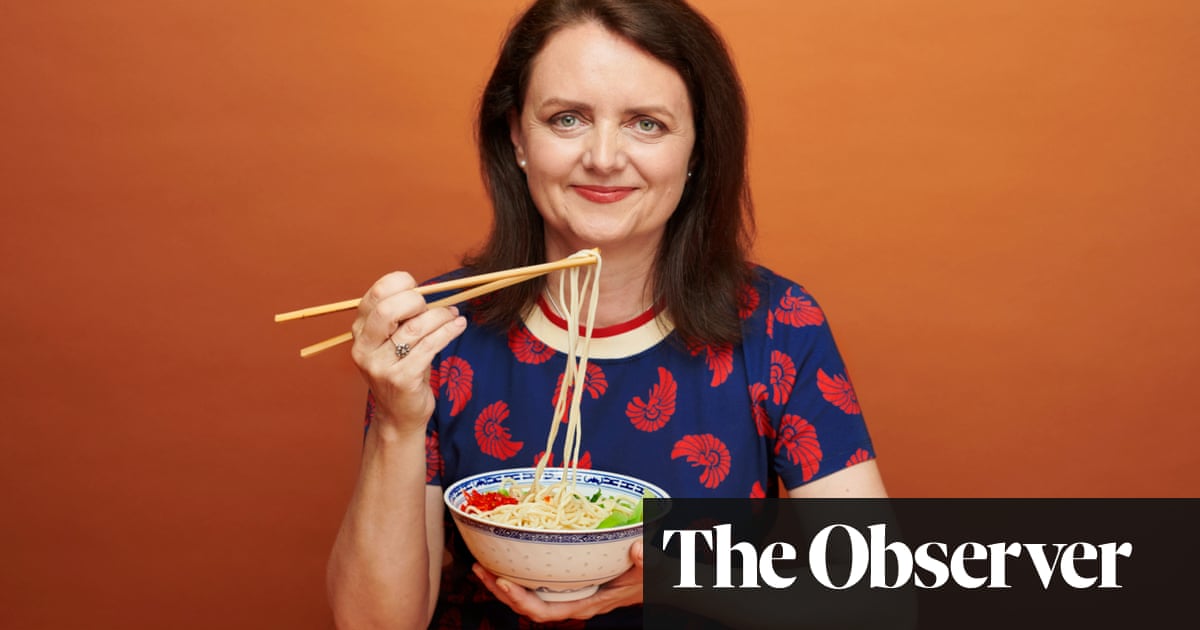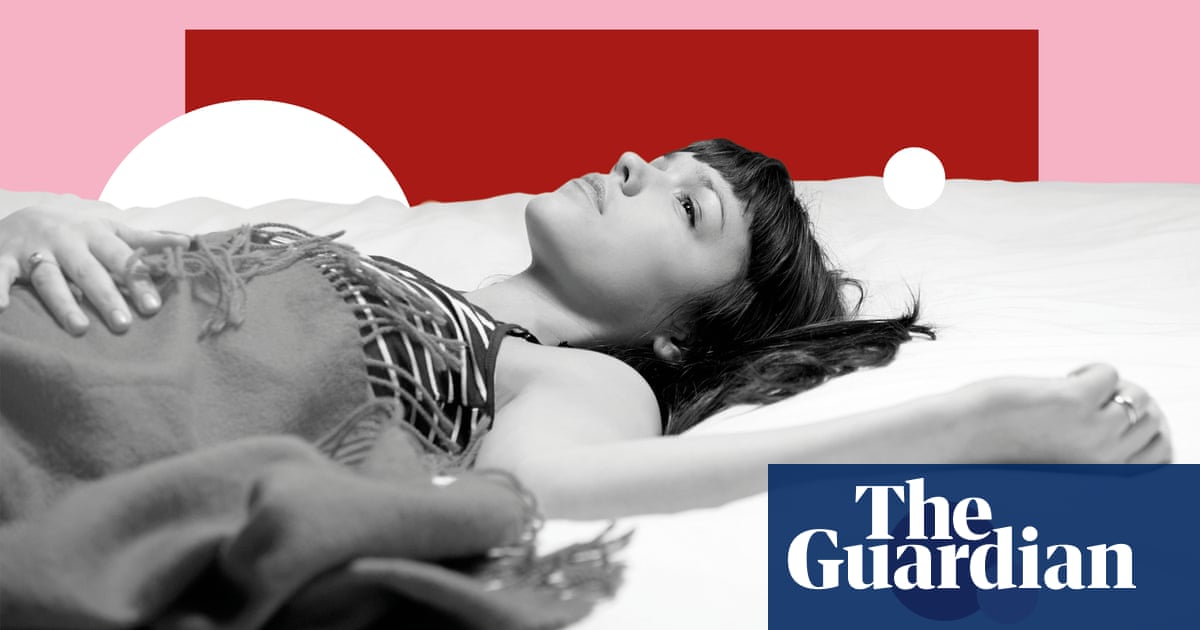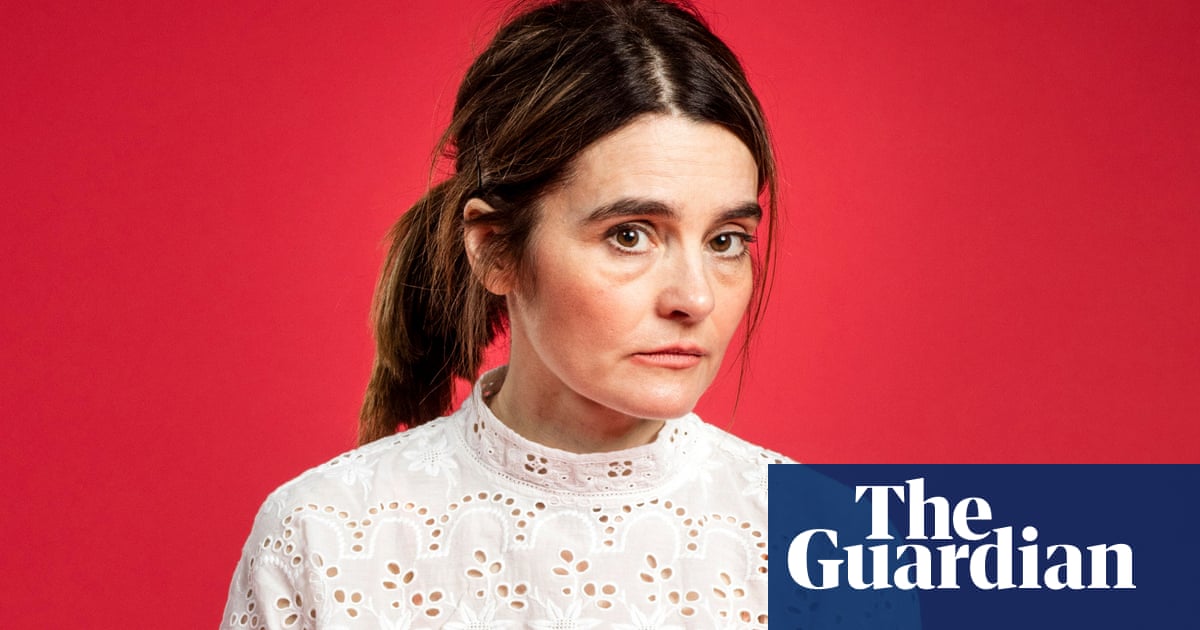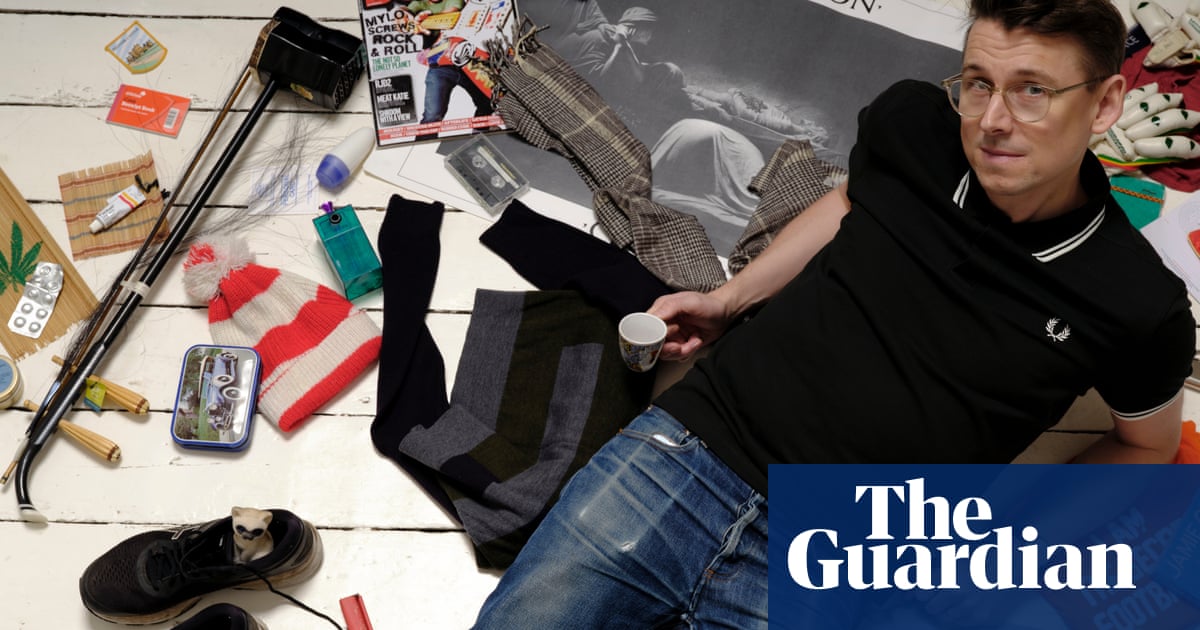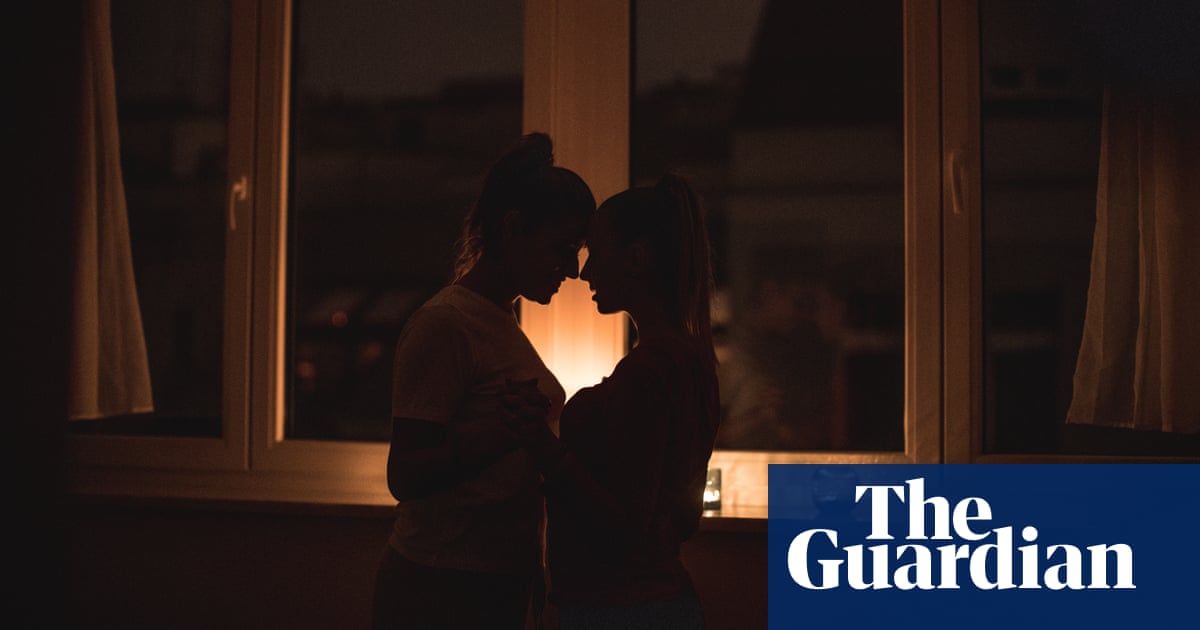
I’ve always been into food – and I sort of forget sometimes. Because food was so prominent in my household: my dad’s Kurdish, my mum’s Czech, but my mum spent 15 years living in Baghdad before I was born, so she’s an expert on both sides. She’d always be cooking: a simpler dish would be a goulash with dumplings, or, from the Kurdish side, a lamb stew either with okra or potatoes or beans. I was spoiled.
I used to be a little bit ashamed of being a foreigner and not feeling like everyone else. When my friends were coming over, I’d be like: “Don’t show them sauerkraut, they’ll think it’s weird.” Trying to get the pizzas out of the freezer so they couldn’t see – in my mind – the strange foreign food. And I smoked lots of weed, so I just wanted to eat pizzas and frankfurters, like freezer meals and shit.
My dad passed away about 12 years ago and I started thinking that I needed to connect with this side of my family and my heritage and my culture. Yeah, I’m from London, and I’m proud of that. But I want to know my roots as well. I didn’t understand what Kurdistan was. And food is just an amazing vehicle to learn about these things.
Taste Cadets [Mustafa’s YouTube and Instagram food and travel show made with his friends Kieran Cavanagh and Marcus Adams] is a passion project. We started in 2017 when I was making [the Bafta award-winning mockumentary] People Just Do Nothing. But I didn’t want to walk into an office and go: “Can me and two of my mates that have never been on telly get paid to travel the world?” It’s a lot harder to pitch that, so I took it into my own hands and we created our own videos.
Anthony Bourdain is a creative moral compass. There’s nothing wrong with being an influencer or whatever, but we didn’t want to take Taste Cadets down that path. I wanted to create a documentary, as opposed to a staged food show. But if we’ve influenced someone, if you’ve had a great time off the back of our great time, then that’s great.
It’s a dirty little secret of Taste Cadets that I don’t eat any fish or seafood. And I hate telling people that because then they assume that I just like chips and beans: “Oh, you don’t really like food then?” No, I love food, but there must be some sort of trauma there. My mum, she might have used to beat me with a fish. I used to eat fish as a kid, so it’s a mental thing. It’s not the fishes’ fault, it’s mine.
I really geek out on being able to eat history. An obvious example would be banh mi in Vietnam: it’s the best thing. Colonisation is fucked, but there’s some things that are left over and made better than just putting a bit of ham in a baguette. Nothing wrong with a beautiful jambon-beurre, but just improving it and using survivalism and resilience.
We filmed the People Just Do Nothing movie in Japan. That was an eye-opener on their food scene. I even tried some sushi and I didn’t die, I didn’t faint or throw up.
I do fantasise about doing a Marvel movie or something. One day, if I do a big movie, they’ll have to get me a trainer and they’ll feed me food through a drip, and it will be fine.
My favourite things
Food
Kifte, which are Kurdish stuffed rice meatballs with lamb mince inside. That’s one of my death row meals.
Drink
A really well done mezcal margarita. I love sour: that’s very much Kurdish and eastern Europe on the Czech side. And sour and spicy drinks are my bag more than sweet.
Place to eat
Nandine in Camberwell, south London. When she escaped from the regime of Saddam, Pary Baban (Auntie Pary, who cooks there) travelled all through different parts of Kurdistan to escape, and she made her own recipe book from that. So there are regional Kurdish dishes from the countryside, stuff I didn’t even know about, as well as the classics.
Dish to make
A lamb shoulder, just slow-cooked in the oven. The recipe comes from my mum: she makes a blend of onions, garlic, tomatoes, salt and pepper and oil, then scores the lamb shoulder, rubs it all in. You put it in for 20 minutes super-high, then you add a few cups of water, cover it with foil and then leave it for six, seven hours.





